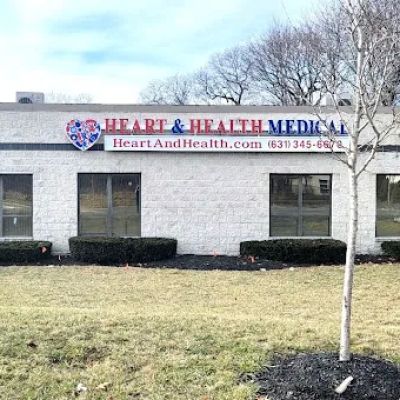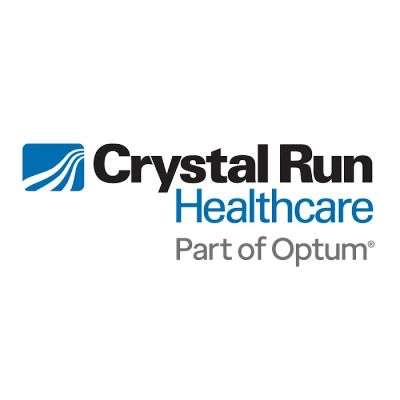Why Heart Disease Becomes More Common in Older Adults
- Understanding Heart Disease in Aging Adults
- How Aging Affects the Heart
- Key Risk Factors for Heart Disease in Older Adults
- How to Prevent Heart Disease in Seniors
- Real-Life Example: Heart Disease Prevention Success
Heart disease is a leading cause of death, particularly in older adults. As we age, our body undergoes many changes that can increase the risk of cardiovascular diseases, making it essential to understand why heart disease becomes more common in older adults. In this article, I’ll explore the reasons behind this increased risk and discuss how older adults can prevent or manage heart disease effectively.

1. Understanding Heart Disease in Aging Adults
When I first started learning about aging and heart disease, I discovered that the risk of heart disease increases as people grow older. One of the reasons heart disease is more common in older adults is due to the natural aging process, which affects the heart and blood vessels. Over time, the heart may become less efficient at pumping blood, and blood vessels may become stiffer and less elastic. These changes can contribute to the development of heart disease.
Additionally, other factors such as the buildup of plaque in the arteries (atherosclerosis), high blood pressure, and diabetes—which are more prevalent as we age—can further increase the risk of heart problems. This is why older adults need to be proactive in managing their heart health.
Atlanta Heart Specialists
atlanta heart specialists
4375 Johns Creek Pkwy #350, Suwanee, GA 30024, USA

2. How Aging Affects the Heart
As we age, several physiological changes in the body increase the likelihood of heart disease. I found that understanding these changes can help us take steps to minimize the risk:
2.1 The Thickening of the Heart Walls
One of the key changes that occur with aging is the thickening of the heart walls. This makes it harder for the heart to pump blood efficiently. The heart muscle itself may become less flexible and less able to expand and contract as needed. I realized that this reduced efficiency of the heart can lead to conditions such as heart failure, especially if other factors like high blood pressure are not managed.
2.2 Stiffening of Blood Vessels
As we age, the blood vessels gradually lose their elasticity. This stiffening of the blood vessels, coupled with high cholesterol levels, can lead to a buildup of plaque in the arteries, which impedes blood flow. This process is called atherosclerosis, and it is one of the main contributors to heart disease in older adults. I saw how important it was for older adults to keep their cholesterol levels in check to slow this process.
2.3 Increased Risk of High Blood Pressure
High blood pressure, or hypertension, is another major concern as we age. Older adults are more likely to develop high blood pressure due to the natural aging of blood vessels, as well as lifestyle factors such as poor diet or lack of exercise. High blood pressure is a major risk factor for heart disease, as it puts additional strain on the heart and blood vessels, increasing the risk of heart attack, stroke, and heart failure.
3. Key Risk Factors for Heart Disease in Older Adults
Several risk factors contribute to the increased likelihood of heart disease in older adults. Some of these factors are related to the aging process itself, while others are influenced by lifestyle choices and underlying health conditions. Here are the key risk factors I learned about:
3.1 Family History and Genetics
Genetics plays a significant role in heart disease risk. If you have a family history of heart disease, the chances of developing heart problems increase with age. This was something I paid attention to, as a family history of cardiovascular conditions means I have to be especially cautious with my heart health as I get older.
3.2 Poor Diet and Lack of Exercise
A poor diet, rich in processed foods, unhealthy fats, and sugars, can contribute to the development of heart disease. I’ve found that maintaining a healthy diet and staying active can make a significant difference. Regular physical activity helps maintain a healthy weight, lowers blood pressure, and reduces the risk of heart disease.
3.3 Chronic Conditions (Diabetes, High Cholesterol)
Conditions like diabetes and high cholesterol are more common in older adults and can significantly increase the risk of heart disease. Managing these conditions through proper treatment and lifestyle changes is essential for maintaining heart health as we age. I learned that regular checkups and blood tests are crucial in keeping these conditions under control.
4. How to Prevent Heart Disease in Seniors
There are many steps older adults can take to prevent or manage heart disease. From what I’ve experienced and researched, a combination of lifestyle changes, regular health screenings, and medication can make a huge difference in preventing heart disease in seniors. Here are some strategies:
4.1 Regular Exercise
Exercise is vital in maintaining cardiovascular health. I found that even low-impact activities like walking, swimming, or cycling can help improve circulation, lower blood pressure, and strengthen the heart. For seniors, staying active is one of the best ways to prevent heart disease and keep the body functioning optimally.
4.2 Heart-Healthy Diet
Eating a heart-healthy diet is critical, especially as we age. I focused on eating foods high in fiber, healthy fats, and antioxidants, such as leafy greens, nuts, and fish. Reducing salt intake, avoiding processed foods, and limiting unhealthy fats can also make a big difference in reducing the risk of heart disease.
4.3 Regular Health Checkups
As we age, regular checkups become even more important. I make sure to have routine screenings for cholesterol, blood pressure, and blood sugar levels. Early detection of any potential issues allows for prompt treatment and helps prevent the development of heart disease.
5. Real-Life Example: Heart Disease Prevention Success
One inspiring example is my uncle, who in his 70s, managed to lower his heart disease risk significantly through lifestyle changes. He adopted a healthier diet, started walking every day, and got his cholesterol levels under control with medication. His example proves that it’s never too late to take charge of your heart health and make meaningful changes to reduce the risk of heart disease as you age.
If you’re concerned about heart disease in older adults, it’s important to take proactive steps. Consider consulting with healthcare providers who specialize in cardiovascular health, such as those at HeartCare Hub, to guide you in maintaining optimal heart health.





















Deborah Heart and Lung Center
deborah heart and lung center
200 Trenton Rd, Browns Mills, NJ 08015, USA